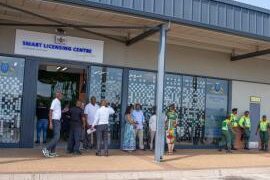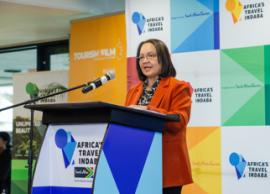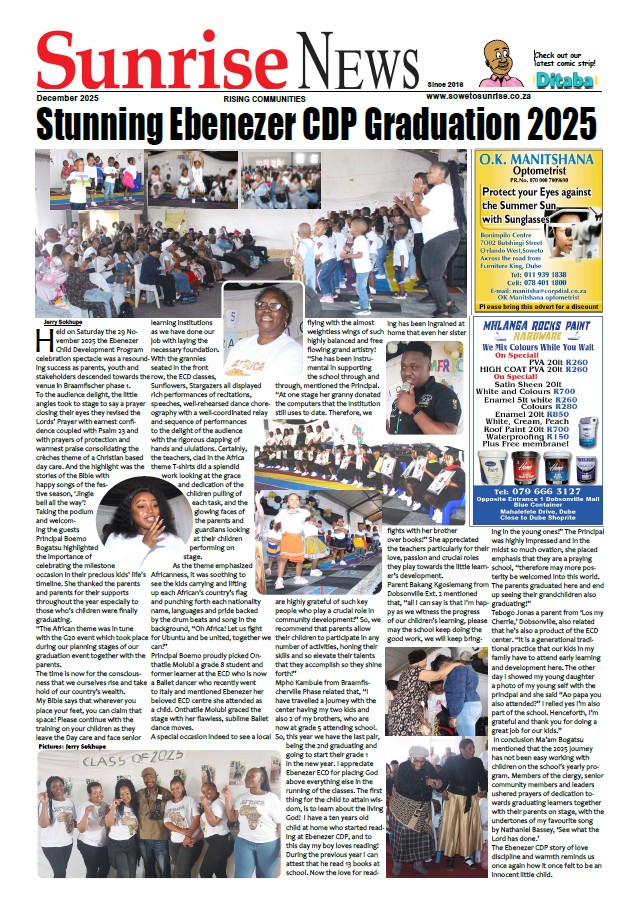Tourism isn’t just about breath-taking landscapes and unforgettable experiences — it’s also a powerful engine for job creation and economic growth. This was the message from Tourism Minister Patricia de Lille at the opening of the Middle East Africa (MEA) Future Leaders Challenge South Africa, held this week in Johannesburg.
“Tourism plays a significant role in our economy and has the potential to create many more jobs,” de Lille told attendees, which comprised tourism entrepreneurs, students, and industry experts. “But to truly unlock that potential, we need a skilled, adaptable workforce, especially among our youth,” the Minister said.De Lille believes a big part of the solution to youth unemployment lies in bridging the skills gap through targeted education and innovation.
“We must develop and harness critical skills like digital literacy, AI-driven customer service, digital marketing, data analytics, and sustainability. These are no longer optional; they are essential,” she said.The event, which brought together rising stars from 18 tourism and hospitality schools, is part of the G20 Tourism Hackathon, aimed at finding creative, tech-forward solutions for the tourism industry.
According to De Lille, initiatives like these are vital to preparing the next generation of tourism leaders.“We must empower our youth not just with skills, but with mentorship and real leadership opportunities. Let’s transform our young people into the job creators of tomorrow.
”The Department of Tourism is currently reviewing training and development strategies in line with the National Tourism Sector Strategy and other national growth frameworks. A key focus is ensuring that education aligns with industry needs, particularly in a post-pandemic world where digital nomadism and remote work are reshaping global travel trends.
“South Africa must learn from countries like the UAE, Brazil, Ethiopia, and India, who are embracing Digital Nomad Tourism. We need reliable infrastructure—think seamless mobility, fast internet, and remote work hubs. These are deal-breakers for modern travellers,” De Lille explained.
She emphasized that this transformation cannot happen in isolation.“Public-private partnerships are vital. We need businesses, universities, and government to collaborate, invest in skills training, and create jobs. This isn’t just about tourism; it’s about our future.”With the rise of experiential travel and the global shift toward working while exploring,
South Africa has a golden opportunity to position itself as a top destination for digital nomads and skilled young professionals alike.“The world is changing. Let’s ensure our youth are ready to lead that change,” said De Lille.
Soweto Sunrise News

































